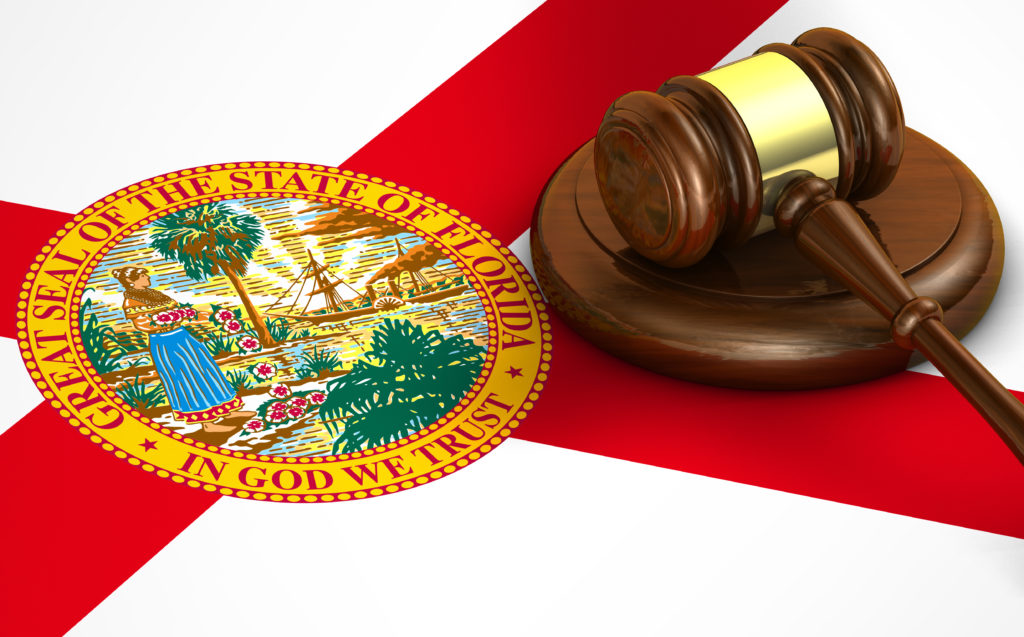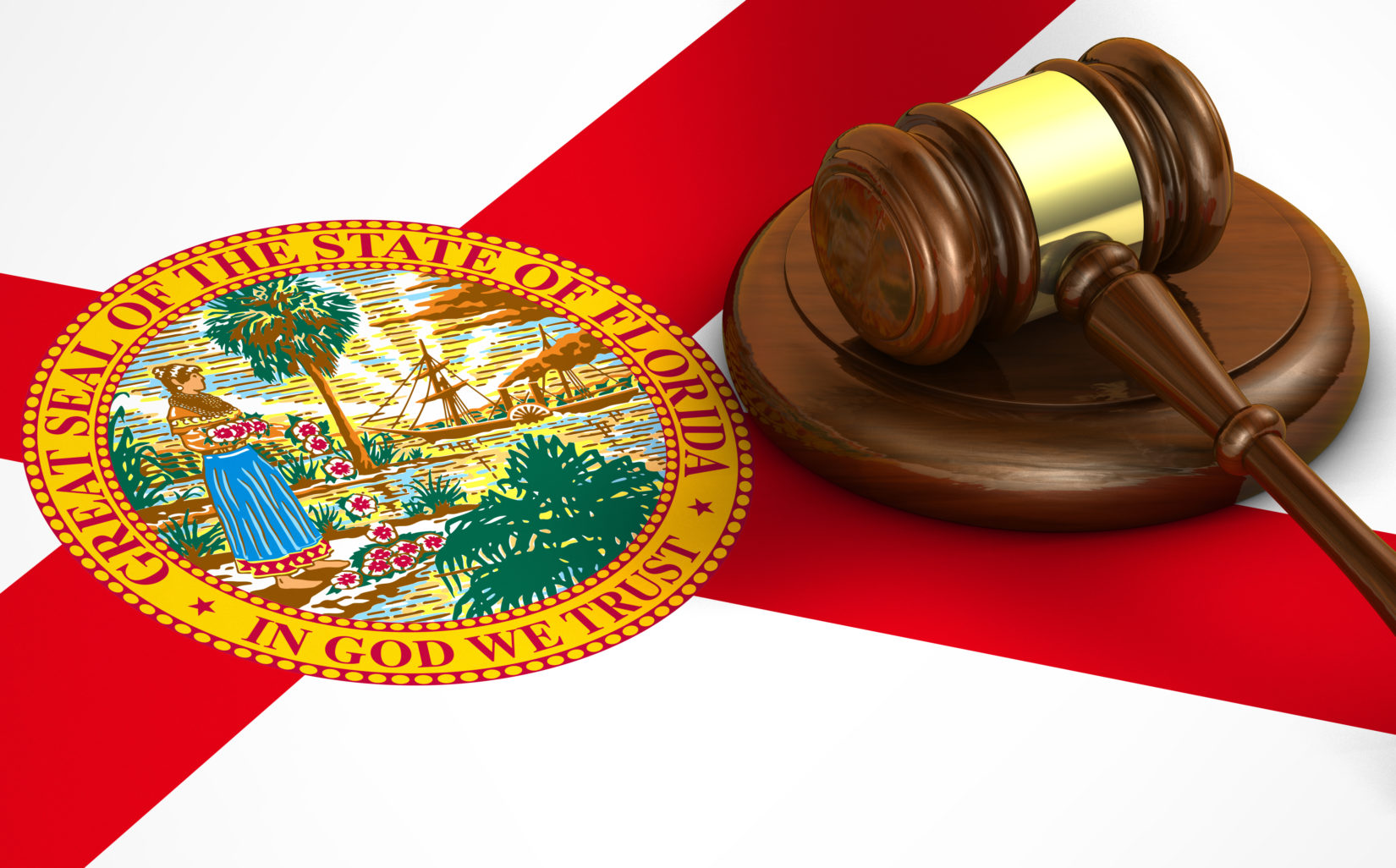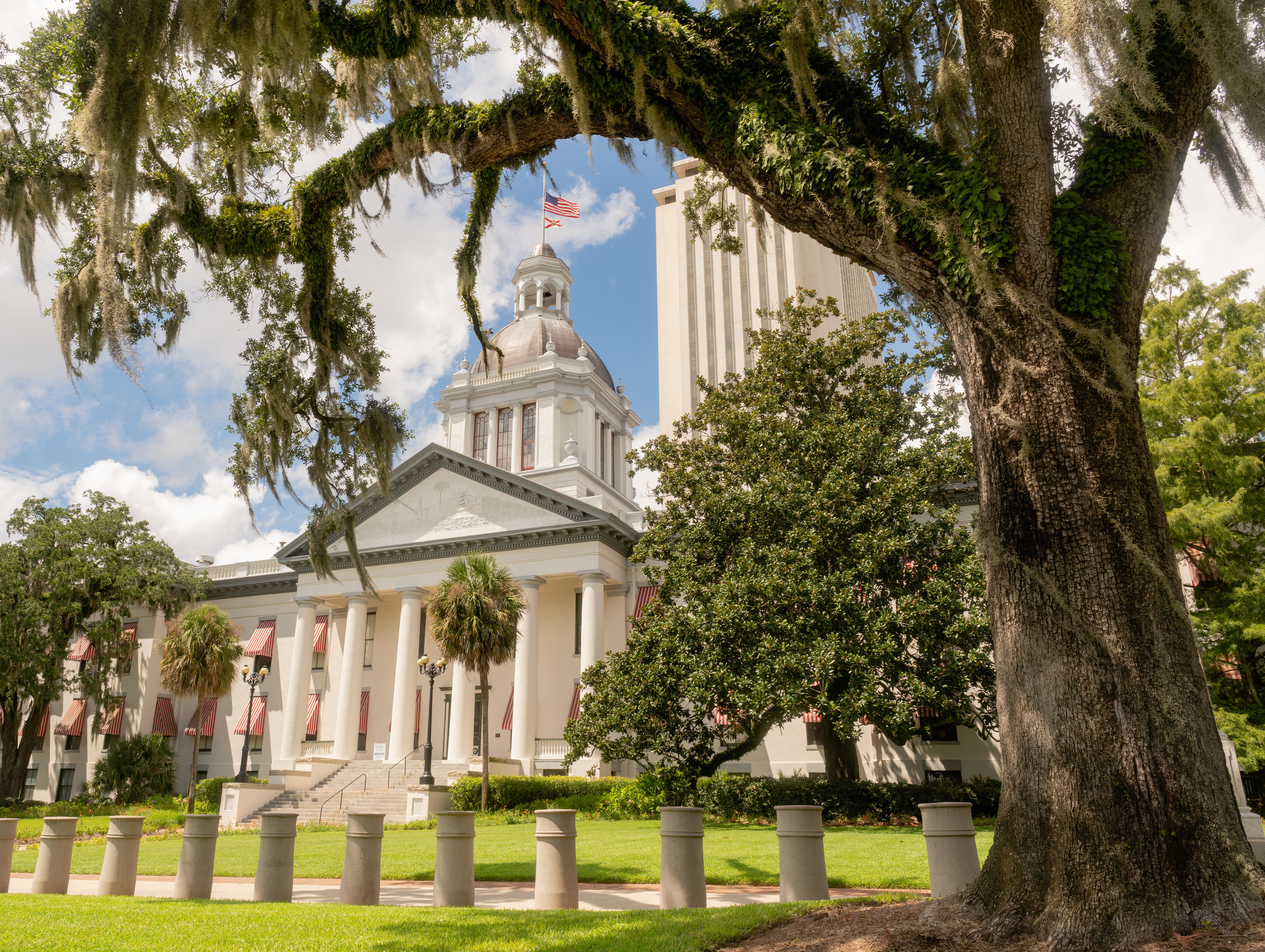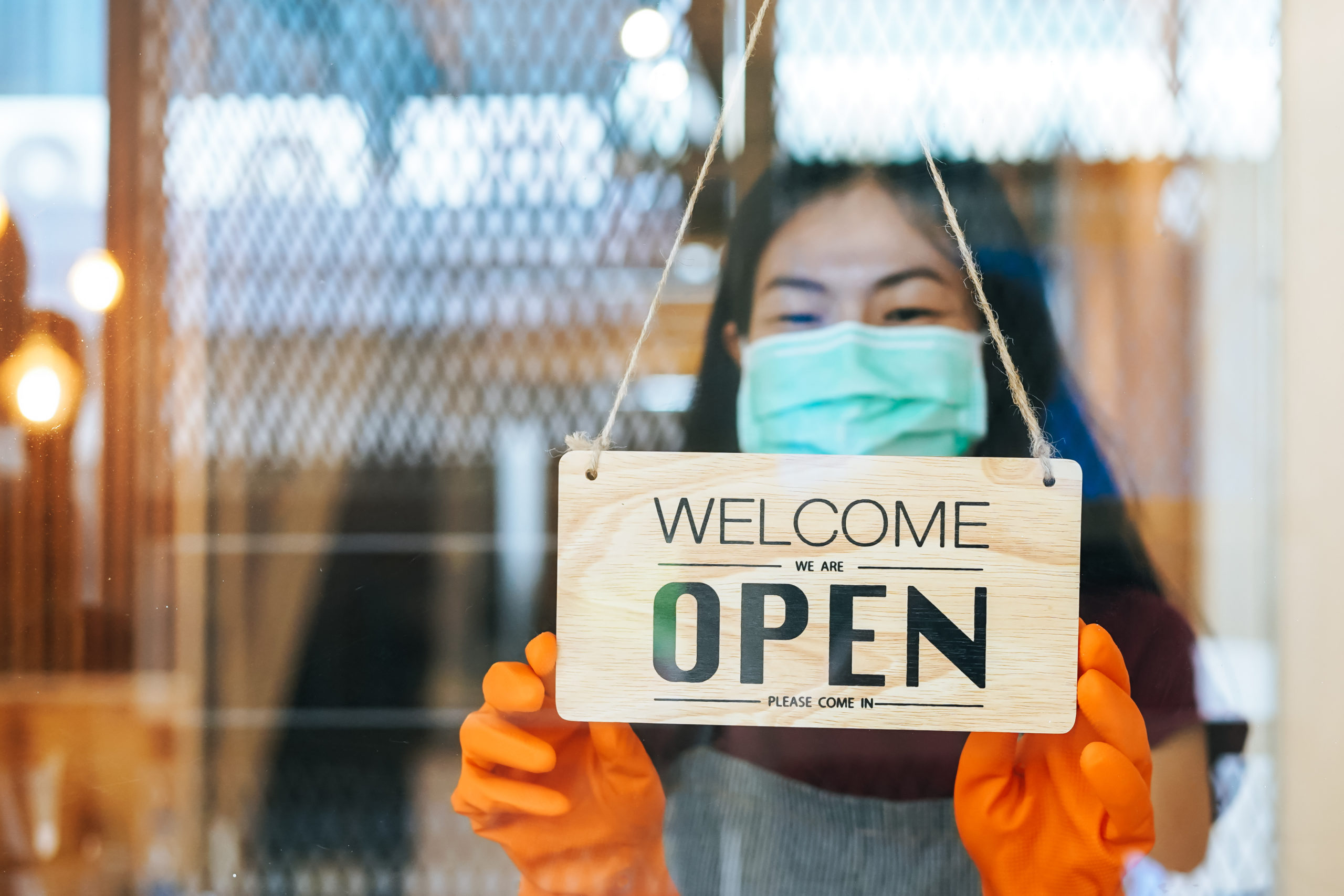The Act Relating to Civil Liability for Damages Relating to COVID-19 provides legal protections to businesses, educational institutions, governmental entities, healthcare providers and religious institutions against liability as a result of the COVID-19 pandemic.
During the 2021 Florida Legislative session, Governor Ron DeSantis approved and signed into law what is known as the Act Relating to Civil Liability for Damages Relating to COVID-19. The act provides legal protections to businesses and employers against liability as a result of the COVID-19 pandemic. These protections extend to educational institutions, governmental entities, healthcare providers and religious institutions.
Here are five reasons why business liability reform is key for economic recovery:

5 Reasons Business Liability Reform is Important for Economic Recovery
1.) It provides stability to economic growth by avoiding constant fluctuations in the income levels of residents and the revenues of businesses.
Keeping businesses up and running safely has been the main idea of this legislation since its introduction. Frivolous lawsuits have the potential to interrupt normal business operation, deplete resources and, in the worst cases, lead to business closure. During a time of profound uncertainty, the business liability reform supports consistency. It keeps businesses alive and able to focus on stimulating our economic recovery.
2.) It encourages businesses to continue operation.
The Act Relating to Civil Liability for Damages Relating to COVID-19 makes it abundantly clear that this law is intended to specifically benefit businesses and entities who make a “good faith effort to substantially comply with authoritative or controlling government-issued health standards of guidance at the time the cause of action accrued.” It is imperative that businesses know that it is okay to operate without penalty so long as they are safe and responsible. It also allows new businesses to feel comfortable beginning operation, despite the fear that our current circumstances have created.
3.) It provides job security for Floridians.
The effects of a business being fatigued with frivolous civil suits can hurt more than the business owner. Bad press spurring from lawsuits; resources exhausted on lawyers and court fees; and increased anxiety about the future can all lead owners to close their business, leaving their employees without jobs. Florida unemployment experienced record-breaking numbers at the height of the pandemic and citizens encountered a plethora of issues with the Florida unemployment website as it was struggling to manage the hefty claims load. This left families without financial security. The legislation passed works to keep businesses intact and residents employed, moving us toward economic recovery at a much faster rate.
4.) It provides security for insurances.
Florida’s small businesses are essential to the state’s economic success and recovery. Since the start of the pandemic, small businesses have experienced some of the most severe impacts as many did not have the resources necessary to withstand a country-wide shut down for an undetermined amount of time. Ensuring that general liability insurance rates do not increase because of the pandemic can help encourage business operation, growth and development. COVID-19 liability protections provide the necessary parameters for insurance companies to keep rates consistent and affordable for businesses. It also protects insurers from experiencing catastrophic losses due to an unprecedented amount of claims.
5.) It encourages Floridians to be responsible for their own health and safety and promote conscious decision making.
The more people that stay healthy, the better protected families. This means workers will have sustainable incomes, industries will be capable of supporting employees and businesses will have reliable consumers. If we all do our part and be responsible, our economy will recover beyond pre-pandemic levels.
You can read more about the Partnership’s Regional Priorities – including other priorities related to transportation, diversity, equity, and inclusion and workforce development – and more here.





